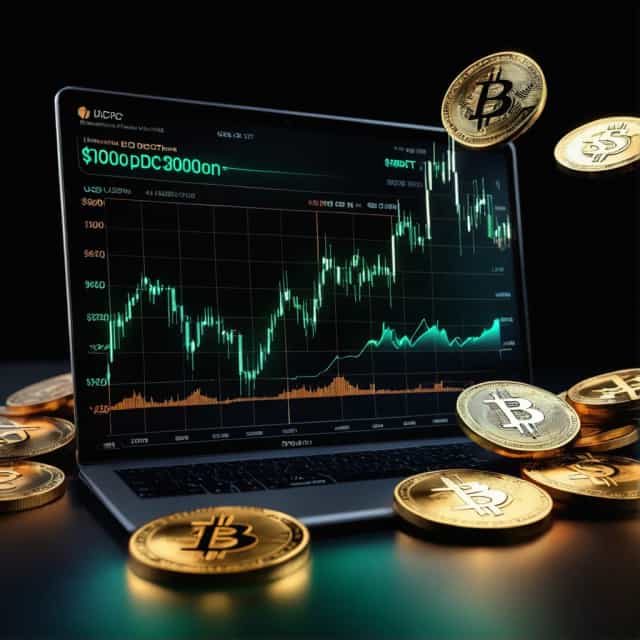
Image source: Block Media
Investigation into the Libra Meme Coin Scandal: Key Figures Evade Testimonies, Stalling Probe
Key Witness Absences Derail Libra Coin Investigation
The investigation into the controversial meme coin 'Libra' has encountered significant setbacks as key individuals tied to the scandal refuse to testify, according to reports from Argentine media dated October 3. The congressional committee tasked with unraveling the matter has reached an impasse as prominent figures, some entrenched in the government, avoid appearing before the panel.
At the center of the controversy is Karina Milei, sister of Argentine President Javier Milei and Chief of Staff for the Presidential Office. Karina has twice disregarded subpoenas to testify before investigators. Following her lead, other high-profile officials—including Mariano Cuñeo, Argentina's Minister of Justice; Roberto Silva, chairman of the National Securities Commission (CNV); and Paulo Stark, head of the Financial Intelligence Unit (UIF)—have also declined to attend the hearings. This collective reticence has effectively stalled the committee’s work, which aims to uncover potential misconduct surrounding the issuance of the Libra token and its alleged ties to influential government officials.
Libra Token Scandal: Allegations and Market Fallout
The Libra affair came to light in February, triggered by a sharp collapse in the token’s value shortly after it was promoted by President Javier Milei via his official social media accounts. Within hours of receiving this high-profile endorsement, the token’s price plummeted, sparking widespread accusations of market manipulation and raising suspicions of a "rug pull" scheme—a fraudulent practice where insiders artificially inflate an asset's value before abruptly abandoning or selling off their positions for profit.
The president and his administration have vigorously denied any involvement in or responsibility for the token's collapse. However, scrutiny intensified when Hayden Davis, CEO of Kelsier Ventures—an entity reportedly connected to Libra’s issuance—publicly accused Karina Milei of unethical practices. Davis alleged that Karina acted as a direct intermediary to the president, claiming in a leaked message, “I send money to his sister, and then he signs and acts as I direct.” These explosive allegations paint a picture of bribery and nepotism potentially extending to the highest levels of government.
Congressional Impasse and Legal Maneuvers in Sight
As the investigation faces growing roadblocks, the congressional committee is exploring additional legal options to secure testimonies. With Karina Milei continuing to ignore official requests, the panel is considering escalating its actions. Potential measures include compelling her to appear in person or seeking a court-issued mandate to enforce her testimony.
In response to the escalating situation, presidential spokesperson Manuel Adorni offered a carefully worded statement, indicating, “Karina Milei will respond carefully and in accordance with regulatory procedures.” This measured response suggests that the administration is proceeding cautiously in light of growing public and institutional scrutiny.
Far-Reaching Implications: Transparency at Stake
The Libra meme coin scandal has far-reaching ramifications for Argentina’s political and financial systems. It has brought allegations of insider trading, bribery, and regulatory manipulation into sharp focus, while also undermining public confidence in the nation's leadership. The refusal of key figures to engage with the investigation casts a cloud over the transparency and integrity of Argentina’s political elite.
For investigators, the challenge now lies in navigating a deeply polarizing and high-profile case, all while addressing mounting concerns from citizens and lawmakers alike. With each passing development, the Libra scandal threatens to erode trust not only in Argentina’s financial oversight mechanisms but also in the ethical standards of its governance.










